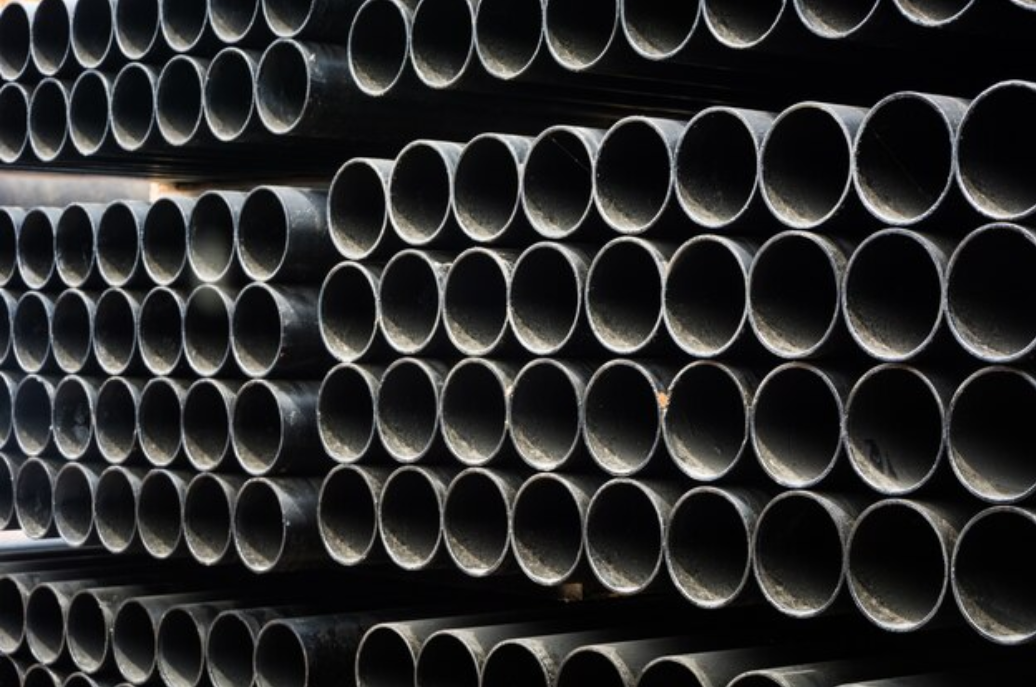In the realm of municipal water systems, choosing the right materials for infrastructure is paramount. Among the various options available, Ductile Iron (DI) pipes, including DI K7 and DI K9 pipes, have emerged as a popular and reliable choice. In this comprehensive blog post, we will explore the numerous advantages of using DI pipes in municipal water systems. From their exceptional durability to their resistance to corrosion, we’ll delve deep into the qualities that make DI pipes a preferred option for ensuring the efficient and sustainable distribution of clean water in urban areas.
Understanding DI Pipes –
1. What Are DI Pipes?
Ductile Iron pipes, often referred to as DI pipes, are a type of cast iron pipe known for their unique composition, combining the corrosion resistance of cast iron with the ductility of steel. This fusion results in a pipe that can withstand the rigors of underground environments while maintaining its structural integrity.
2. DI K7 and DI K9 Pipes
DI pipes are classified into various categories, with DI K7 and DI K9 pipes being among the most commonly used in municipal water systems. Understanding the differences and applications of these classifications is crucial for effective infrastructure planning.
Advantages of DI Pipes –
1. Exceptional Durability
DI pipes are renowned for their longevity, with a typical lifespan exceeding 100 years. Their robust construction makes them resistant to wear and tear, ensuring a reliable water distribution system for generations to come.
2. Corrosion Resistance
Corrosion is a major concern in water distribution systems, but DI pipes are highly resistant to it. Their interior linings and exterior coatings provide an additional layer of protection against rust and degradation.
3. High Tensile Strength
DI pipes possess excellent tensile strength, allowing them to withstand high-pressure conditions without compromising their structural integrity. This quality is essential for the efficient transportation of water over long distances.
4. Low Maintenance Requirements
Due to their durability and resistance to corrosion, DI pipes demand minimal maintenance, resulting in cost savings for municipalities over the long term.
5. Environmentally Friendly
DI pipes are eco-friendly, as they are often made from recycled materials. Additionally, their long lifespan reduces the need for frequent replacements, further minimizing their environmental impact.
Applications in Municipal Water Systems –
1. Water Supply Networks
DI pipes are widely used in water supply networks for their ability to transport large volumes of water over extended distances efficiently.
2. Sewer Systems
In addition to carrying clean water, DI pipes are also used in sewage systems, where their durability and resistance to corrosion are essential.
3. Fire Hydrant Systems
DI pipes play a crucial role in fire hydrant systems, ensuring a constant and reliable water supply during emergencies.
Installation and Maintenance –
1. Proper Installation Practices
Installing DI pipes correctly is essential for maximizing their benefits. We’ll discuss best practices for installation, including trenching, joint assembly, and backfilling.
2. Routine Inspection and Maintenance
While DI pipes are known for their low maintenance requirements, regular inspections and maintenance are still necessary to ensure their long-term performance.
Case Studies –
1. City A: Transforming Its Water Infrastructure
Explore how City A upgraded its aging water distribution system with DI pipes, resulting in improved water quality and reduced maintenance costs.
2. City B: Resilience in the Face of Natural Disasters
Learn how City B’s DI pipe-based water supply system withstood the test of a natural disaster, providing uninterrupted water access during a crisis.
The Future of DI Pipes –
As technology continues to advance, DI pipes are poised to become even more efficient and environmentally friendly. We’ll explore future innovations and trends in the world of DI pipes.
Conclusion
In conclusion, DI pipes, including DI K7 and DI K9 pipes, offer a multitude of advantages that make them an ideal choice for municipal water systems. Their durability, corrosion resistance, and low maintenance requirements make them a cost-effective and sustainable solution for ensuring the reliable supply of clean water to urban areas. As municipalities continue to prioritize the longevity and efficiency of their water infrastructure, DI pipes will undoubtedly play a pivotal role in shaping the future of water distribution systems.

